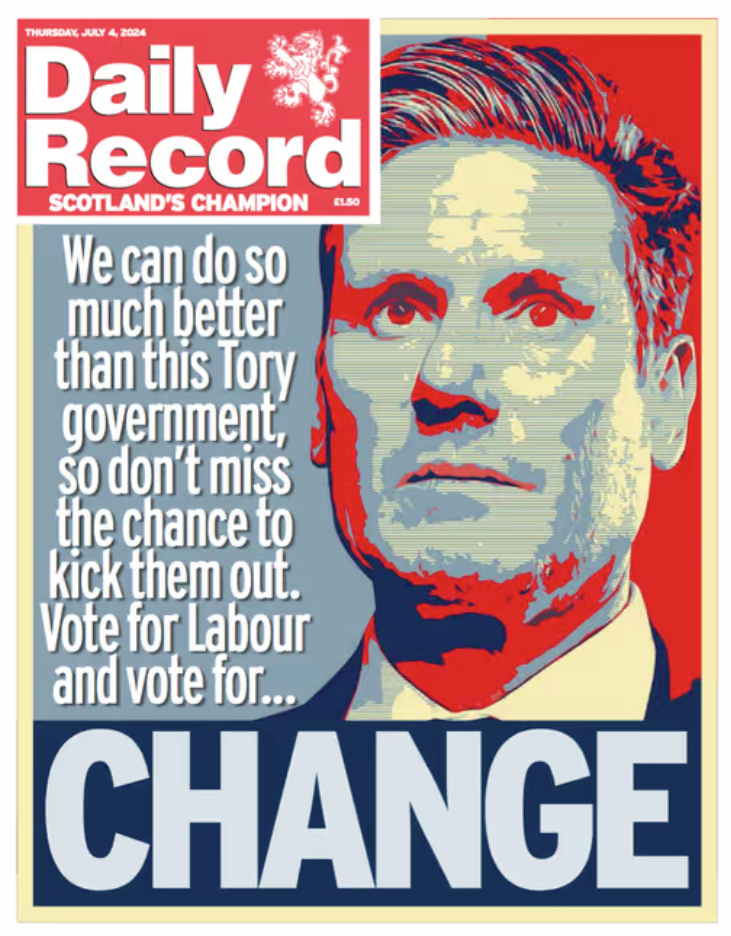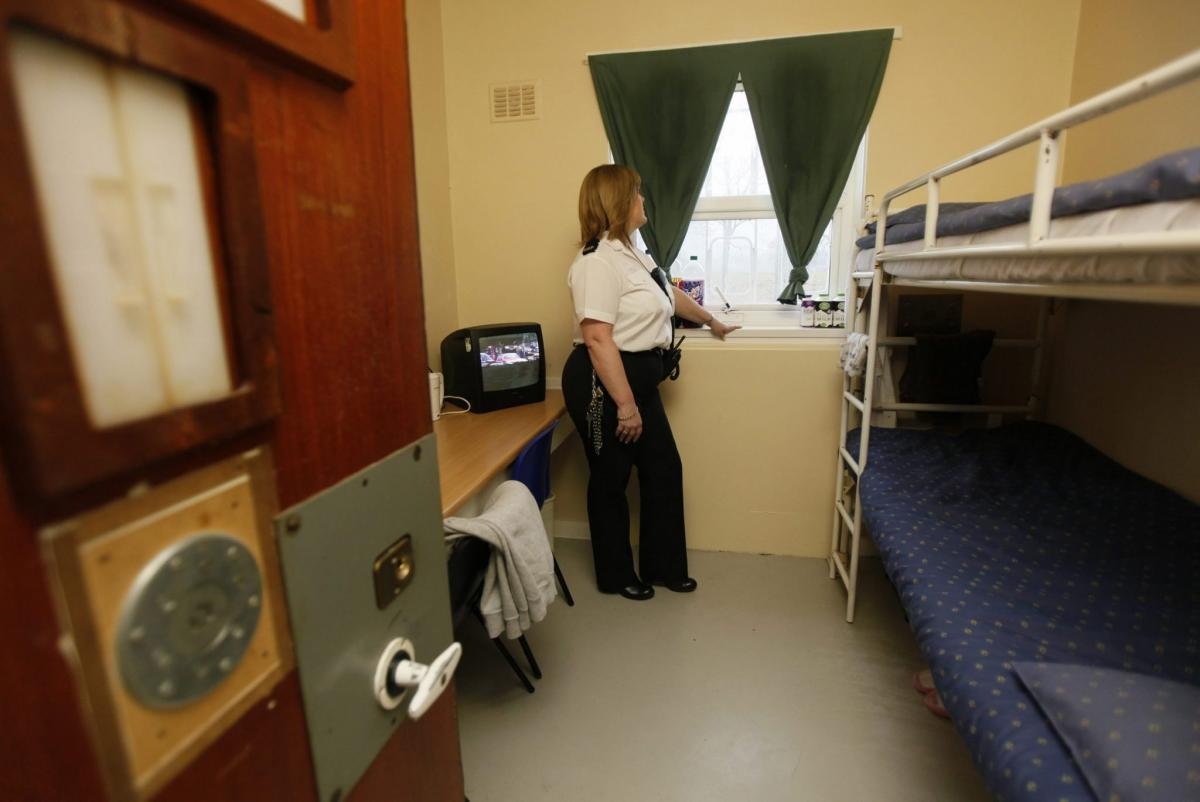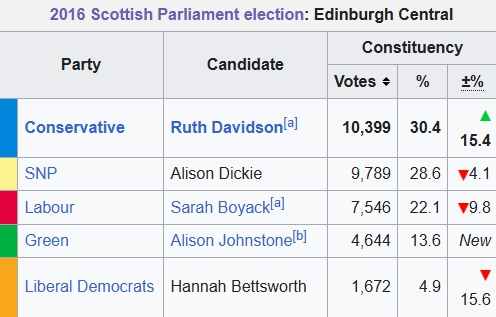Is the Council Tax past its sell by date?
Finance Secretary Kate Forbes will set out her draft budget to the Scottish Parliament tomorrow, with a focus set to be on a widespread package of Covid-19 recovery measures.

Finance Secretary Kate Forbes will set out her draft budget to the Scottish Parliament tomorrow, with a focus set to be on a widespread package of Covid-19 recovery measures.
Each year there are many competing demands that need more funding. Every budget, although they aren’t new policies, funding has to be put in place to maintain the gains that the SNP won for Scotland over a decade ago, such as free prescriptions, free bus passes, and free education.
The total expenditure set out in the 2020/21 Scottish budget was £49.3 billion. It’s a huge sum that funds many of the services we rely on such as our NHS, Police, and Fire.
Last year The Scottish budget set out a total funding package for Local Government amounting to £10.9 billion but this did not represent the total funding provided by the Scottish Government to local Councils during the financial year 2020‑21. In a normal year shares of funding streams for priorities agreed by the Scottish Government and COSLA sees pots of money distributed throughout the year to Councils. However, last year, due to Coronavirus, vast sums of money were required to help Local Authorities meet the unprecedented pressure that Covid-19 put on local communities and the delivery of local essential services, particularly in Health and Social Care.
And of course, as people have been stuck at home for the best part of a year and with many of the services that Councils provide such as gyms, swimming pools etc unable to operate, not only have Councils experienced a huge increase in the costs required to meet the challenge of the pandemic, they’ve also been faced with large reductions to their revenue.
At the end of last year I estimated that an additional £500M of investment could be needed for Councils to mitigate the impact that Covid-19 has had on local economies to ensure the virus does not exacerbate existing levels of inequality and deprivation across the country. Earlier this week the Local Government Umbrella body COSLA estimated that to be £767Million.
These challenges are of fundamental importance in regards to local councils being able to carry on with business as normal. One thing I’ve learned during my near decade in Local politics is that the issue that unites communities across Scotland is the inherent dislike of the Council Tax.
When the SNP came to power in 2007 Alex Salmond realised that it simply wasn’t sustainable to keep increasing the tax each year. This resulted in a historic concordat that saw the Council tax frozen for a decade. There is a uniform opinion that the Council Tax should be scrapped, but sadly there isn’t a coalition of support for what it should be replaced with. I am broadly in favour of using a combination of more progressive levels of income tax coupled with a land value tax, to scrap the Council Tax, but those arguments won’t be won anytime soon.
Across Scotland, since the end of the Salmond Council tax freeze policy, the unpopular tax has increased by at least 3% each year in most Councils since 2017, with many Councils putting in place increases of upwards of 4.8% last year. Already we are getting back into the pattern that required the Government to fund a decade of freezes in the first place.
For context, and this varies from Council to Council, the Council Tax makes up around 13% of the total income of Local Authorities, with around 5% coming from things the Council charge you for such as sports facilities, burials, planning applications, parking charges etc, with the other 88% coming directly from the Scottish Government.
Council Tax bills are set to increase at the start of April this year with many Councils across Scotland already beginning to plan for how to meet funding shortfalls due to the impact of Coronavirus on essential front line services.
In ordinary times increases to Council Tax, as unpopular and unsustainable as they are, can at least be justified to protect essential services, but come April when bills drop through your letter box, it will coincide exactly with the end of the Furlough Scheme, and a reduction in Universal Credit, by which point people across Scotland will also have experienced a year of reduced earnings, pay cuts, and not many people have had annual pay rise at all, never mind one in line with the rate Council tax may be increased by.
At a time that people are facing unprecedented hardship, it is unpalatable to increase their Council Tax.
As set out above, it is a system long past its sell by date and not fit for purpose. It most certainly was not designed to meet such colossal challenges such as the impact Covid-19 has had on the delivery of public services. These challenges impact us all and require some of the largest peacetime economic interventions by our Government on record. They can’t be met using a tax that takes money out of the pockets of people at a time they need it more than ever and our local high streets will rely on their ability to spend it to stop them shutting up shop for good.
As part of the funding settlement the Scottish Government announce tomorrow, Kate Forbes must must put in place the funding to pay for a freeze of this years Council tax bills. It will likely cost around £140 Million but at this moment in time I cannot think of a more needed or more popular way for the Scottish Government to spend money.
The Coronavirus has fundamentally changed how we value public services. There is a growing consensus that now is the time to be putting more investment into vital essential services.
When it comes to investing in our economy, Health and Social Care, and essential services to meet the demands Coronavirus has made of them, it shouldn’t be ordinary individuals that need to try pay for that through a regressive local community tax, but rather this must be the responsibility of the state.
If the UK Government gave the Scottish Government Full Bond issuing powers we would be able to invest in Scotland’s recovery and reject another decade of austerity. You only need to look to Ireland to see how much money they’ve raised in bonds to tackle the virus since last year.
However, in the meantime the Scottish Government must use its existing resources to fund a freeze in Council tax as part of this years budget settlement.
What's Your Reaction?













































